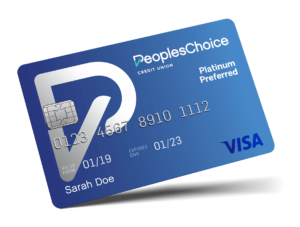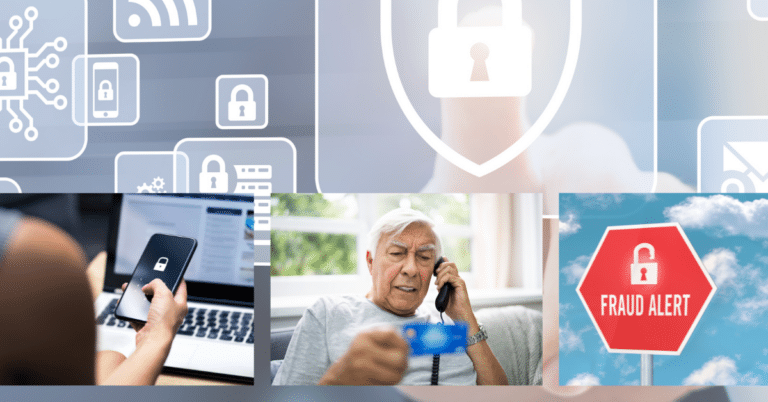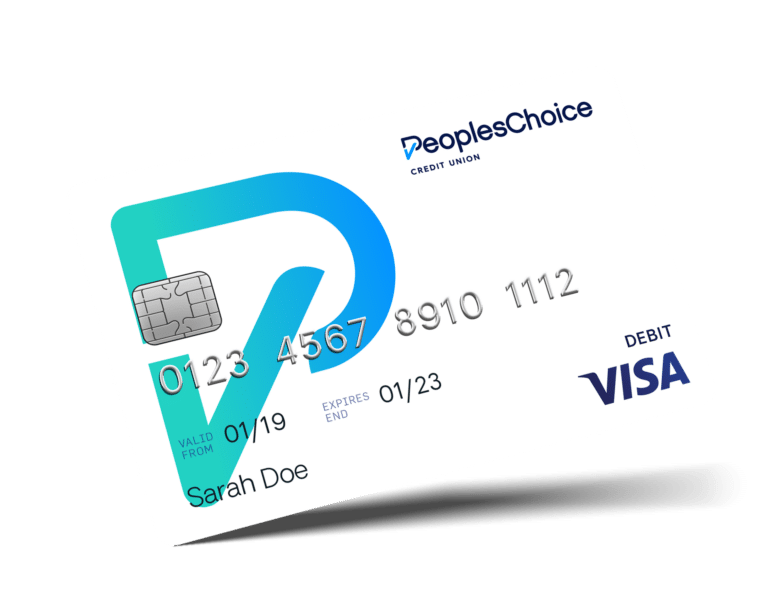PCU Members have reported unexpected calls about fraud on their account from a number that appears to be originating from PeoplesChoice credit union, or another financial institution. We will NEVER contact you by phone and ask you to share account information. These types of scams happen every day. When in doubt, hang up and contact our credit union directly with questions. (207) 282-4156
Fraud Protection
FRAUD ALERTS
How to Avoid Becoming a Victim of Fraud
The most important thing to know about scams is that anyone can be a victim. Scammers use very effective tactics to appeal to your emotions rather than your intellect, so you should never blame yourself or not report a scam because you feel silly. In many cases, losses from scams increase because the victim is embarrassed or doesn’t want to admit how much information or access they gave up. If you think you have been scammed, call us (or other financial institutions) immediately and let them know exactly what information you divulged or what accounts the scammer has access to. We are here to help you protect your information and your money!
Stay Skeptical:
Always start from a place of skepticism. An odd email from an acquaintance, a text claiming to be the post office, FedEx, or UPS trying to deliver a package, or a phone call to inform you that you have a won a prize can all seem like perfectly ordinary occurrences, but these are all red flags and should be approached carefully. Below are details on how to spot common scam red flags.
What to Look Out For:
Want to report Fraudulent charges on your PCU Visa?
 To create a claim on up to three POSTED fraudulent charges to your VISA Platinum Credit Card, please call the Self Service Dispute at 800.600.5249. This service is available 24/7. You may be transferred to an agent if you have more than three transactions or questions. An agent is available Monday -Friday 8:00am to 8:45pm and Saturday 9:00am to 2:45pm. You can also contact PCU Payment Services Department, locally at (207) 282-4156 during our normal business hours.
To create a claim on up to three POSTED fraudulent charges to your VISA Platinum Credit Card, please call the Self Service Dispute at 800.600.5249. This service is available 24/7. You may be transferred to an agent if you have more than three transactions or questions. An agent is available Monday -Friday 8:00am to 8:45pm and Saturday 9:00am to 2:45pm. You can also contact PCU Payment Services Department, locally at (207) 282-4156 during our normal business hours.
Fraud Protection Resource Library
Office of the Maine Attorney General – Common Consumer Scams
NCUA Fraud Prevention – Online Security Guide
Federal Bureau of Investigation – Cyber Crime List
Maine Credit Union League – Fraud Protection
Federal Trade Commision – Online Privacy and Security Guide
PeoplesChoice Checking with SpendShield has it all.
A FREE checking account with no monthly fees, the lowest overdraft fees in Maine, and a safety net when you need it most. With PeoplesChoice Checking, you’re guaranteed the flexibility and freedom you need to keep your cash in check. Features like free mobile banking, direct deposit, and more get you what you want, when you need it.

